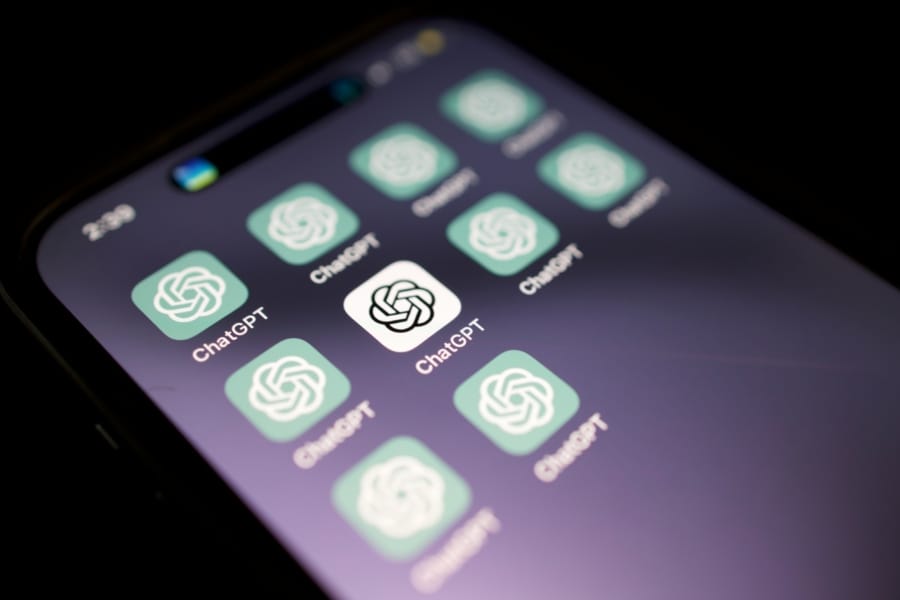ChatGPT, App Spamming, and App Store
These apps aren’t technically “fake” in a way that it doesn’t have ChatGPT in it. Many of them are using some version of ChatGPT. Strictly speaking, the only false advertising is that these apps are misleading the prospective buyers into thinking this is ‘the’ ChatGPT, and the user may inadvertently pay a middleman when OpenAI even offers a free tier.
ChatGPT isn’t the first victim of barrage of fake apps. What is different in this case, however, is the fact that OpenAI is also selling the service to developers with the same branding. Essentially on the consumer market front, the OpenAI is profiting regardless, so long as the fake app in question does use ChatGPT legitimately. Then it also begs the question of fake apps in of its essence: if the app in question still serves the function it advertises, but with the added ads or revenue stream only for the middleman, is this a fake app?
From consumer perspective, this is a disruptive business practice beyond any doubt. I’ve said this numerous times before, but there is something undignifying to shop under bad faith. Of many apps labeled AI, machine learning, pro, premium, and other marketing buzzwords, why should anyone be looking out for something genuine? This isn’t the Pawn Stars. Be it may Apple’s, Google’s, or even Amazon’s, a gatekeeper’s job is to curate the best experience possible to the audience of its platform.
